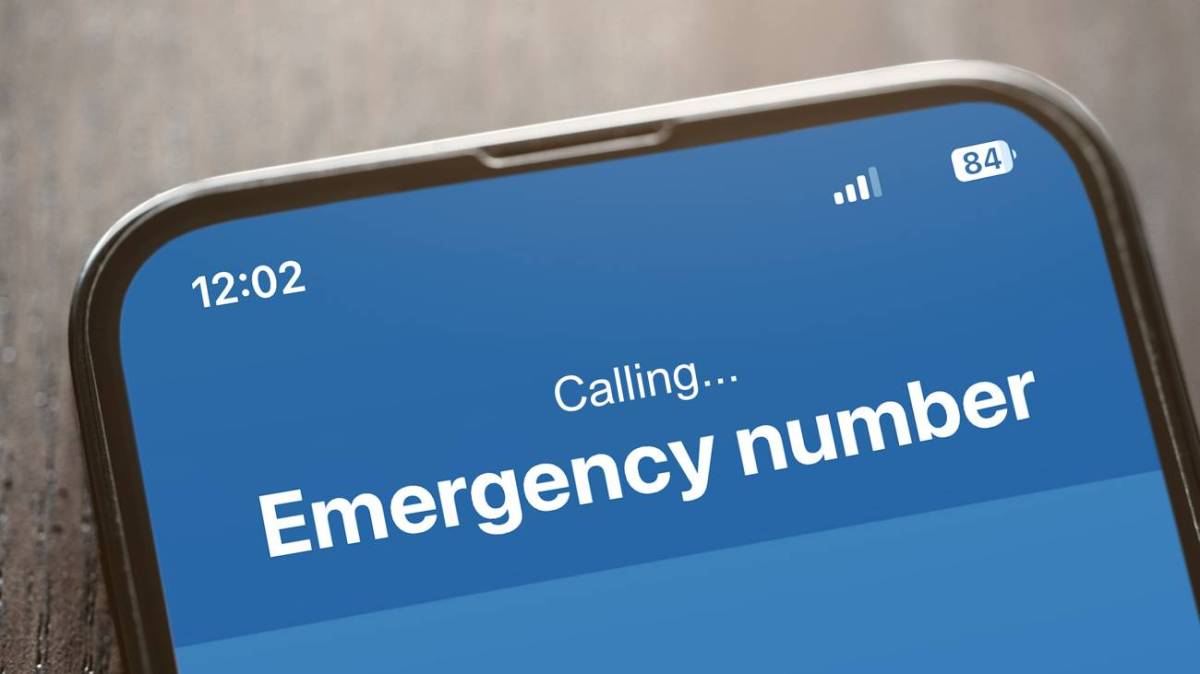911 systems face increasing outages and cyberattacks, report says

A report published Monday by the emergency tech firm Carbyne paints a troubling picture of the nation’s 911 system, highlighting a growing wave of outages and cyberattacks, along with an outdated infrastructure that threatens public safety.
The report, tallies results of the company’s third annual survey, conducted with help from the National Emergency Number Association. It shows that nearly 90% of emergency communication centers across the U.S. experienced at least one system outage in the past year caused by aging equipment or cyberattacks.
“What these professionals are experiencing isn’t just stress—it’s systemic fatigue,” Brian Fontes, NENA’s chief executive, said in a press release. “This year’s findings are a wake-up call: Real investments are needed to ensure 9-1-1 professionals are supported, protected, and equipped to better serve their communities and care for themselves in these high stress roles.”
The report cites a rise in telephony denial-of-service attacks on emergency call centers, in which emergency lines are flooded with fake calls to block real ones from getting through. These attacks have been increasing, according to the report, and most 911 centers say they aren’t prepared to handle them.
More than half of emergency call centers reported frequent outages due to system overloads or hardware failures, which can leave dispatchers unable to respond effectively to calls.
“There’s no question: the fragility of current emergency communications infrastructure is putting lives at risk,” Carbyne CEO Amir Elichai said in the release. “What’s clear from this year’s report is that 9-1-1 professionals are doing everything they can—but they need modern, resilient systems to back them up.”
Still, the report notes there are signs of progress. A growing number of 911 centers surveyed say they are exploring cloud platforms and artificial intelligence tools to modernize operations and increase resilience — 75% of emergency professionals said they’re open to using AI to better “manage call surges, detect high-risk situations, or streamline workflows.”
But without more investment and stronger cyber protections, the report warns, the nation’s emergency communications backbone will continue to face vulnerabilities. Federal funding for next-generation 911 efforts are currently omitted from the budget reconciliation bill, which the Senate is expected to vote on this week.
“Agencies that weave these threads into a single modernization roadmap — people, process, and platform — stand the best chance of breaking the cycle of call-center challenges and delivering a more resilient, human-centric 9-1-1 system in the coming years,” the report reads.






